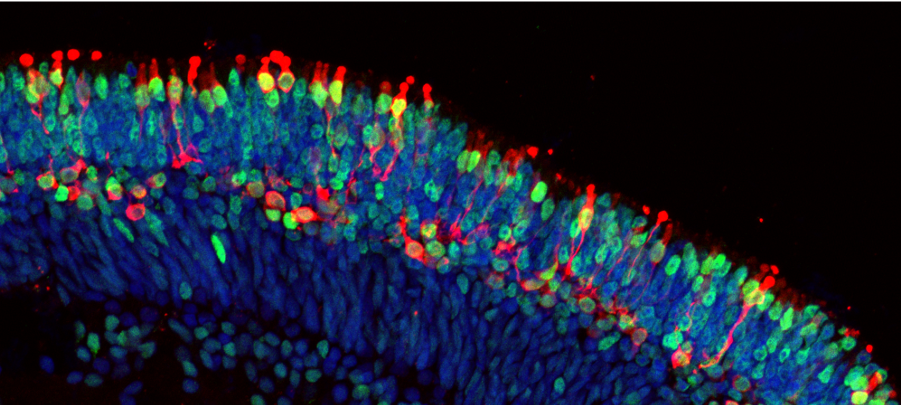Science fiction is fast becoming a science fact, with scientists growing eyes in a laboratory dish.
Scientists at UCL Great Ormond Street Institute of Child Health (UCL GOS ICH) London have created the first artificial retinas in the lab. These 3D ‘mini eyes’ can cure blindness in children from an inherited condition called Usher syndrome.
People who have Usher syndrome are born with it; the condition affects around 4 to 17 in 100,000 people globally.
What is Usher Syndrome?
Usher syndrome is a rare genetic disease that affects both hearing and vision. It can cause both sight and hearing loss. It can also cause an eye disease called retinitis pigmentosa (RP), which affects the retina and causes progressive vision loss.
Children with the specific Type 1 Usher syndrome are often born deaf though their sight loss usually gets diagnosed as children or teenagers. Currently, there is no cure for Usher syndrome.
Researchers grow ‘mini-eye’ in a laboratory!
In a healthy eye, rod cells detect light. Rod cells are photoreceptor cells in the retina of the eye. Researchers found that they could get rod cells to organize themselves into layers that mimic their organization in the retina, producing a ‘mini-eye’, measuring about one millimeter (0.04 inches) across.
The mini-eyes have allowed scientists to study light-sensing cells of the human eye in more detail than ever before and helped to understand what goes wrong in Usher syndrome.







